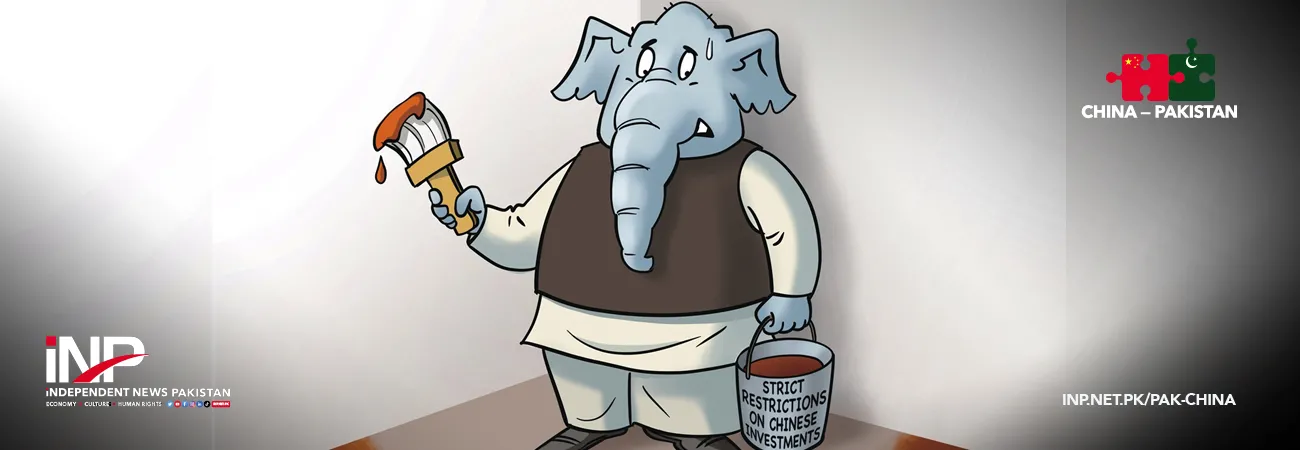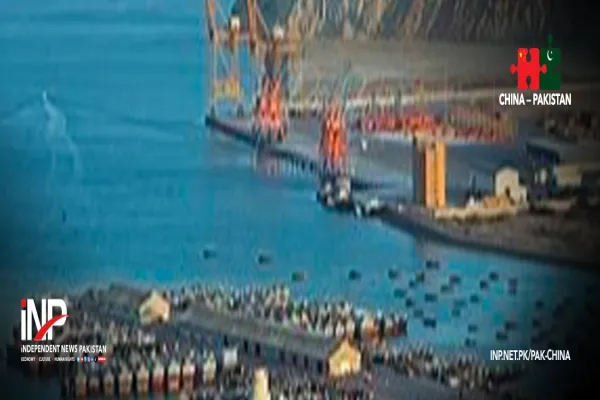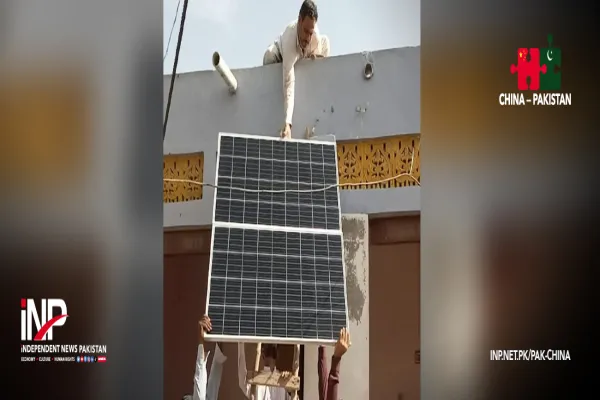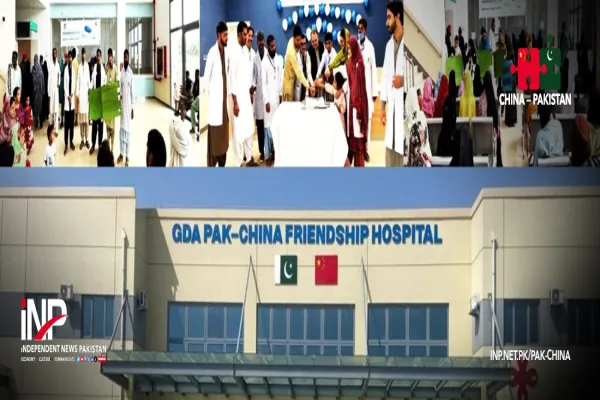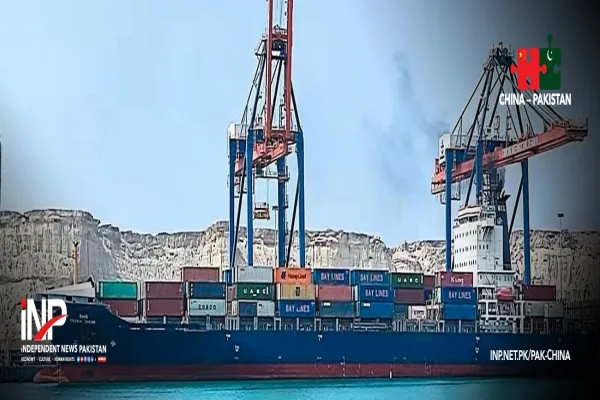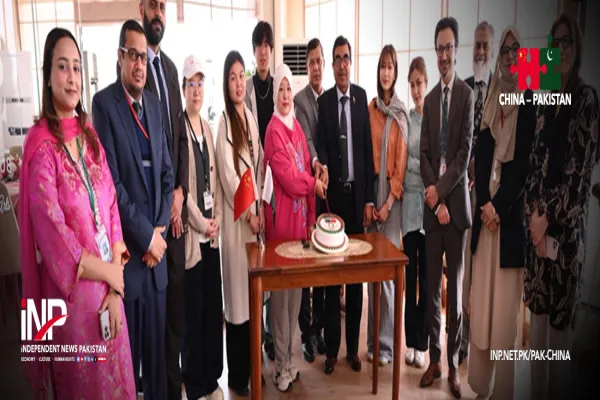i NEWS PAK-CHINA
Chinese experts have slammed the rhetoric of India's Commerce Minister Piyush Goyal, who called the US' reciprocal tariffs an "opportunity of a lifetime" and blamed China for the current turmoil in the global economy, Global Times reported. Analysts said India's concessions will only prompt the US to demand even greater compromises from India to offset the US-India trade deficit. "We stand at a moment in history where India is well poised to convert the current situation into an opportunity," India's Commerce Minister Piyush Goyal said at the India Global Forum in Mumbai. "We have an opportunity of a lifetime," he added, per Bloomberg's report. In his remarks, Goyal blamed China's joining of the World Trade Organization almost 25 years ago for the current turmoil in global economy.
"If somebody was to ask me what would be the trigger point of where we are today and why we are going through this churn, the starting point of this actually goes to the beginning of 2000 when China was admitted as the member of the WTO," Goyal said. "The Indian minister, by shifting all the blame onto China, is trying to gain exemptions from the US," Long Xingchun, a professor from the School of International Relations at Sichuan International Studies University, told the Global Times. Xie Chao, an assistant professor on Indian studies at Tsinghua University, told the Global Times that Goyal's statements show an opportunistic mindset, seeking trade compromises with the US while looking for opportunities to benefit from the competition between China and the US.
The Indian politician's remarks merely to echo US' rhetoric to discredit China, hoping to gain favor with the Trump administration and pave the way for upcoming India-US trade negotiations, Xie said. There are significant trade deficit problems between the US and India. Trump administration frequently publicly criticizes India, and his desire to gain exemptions from the US is also an unachievable task, Long said.
Washington last week announced 26 percent tariffs on US imports from India. Faced with US' reciprocal tariffs, a few countries have, in retaliation, imposed additional tariffs on US goods, escalating trade tensions. India has, however, refrained from any such move as both countries are actively working on a trade pact, the NDTV said. On US tariff impacts, Goyal had assured, "We had a series of engagements, all of which are going in the right direction. We are covering a wide area of subjects and products. I can assure businesspeople across the country that we are keeping India's best interests at the forefront... "
Judging from US' harsh responses to similar statements from Vietnam, the EU, and others, India's concessions will likely prompt the Trump administration to demand even greater compromises from India to offset the US-India trade deficit, escalating the maximum tariff pressure India faces from the US, Xie said. On the surface, India claims to be fully capable of handling the situation and views it as an opportunity. The reality is that India also faces severe impacts during the process of raising tariffs, Chinese expert said. Goyal played down any immediate hit to the economy, even though analysts see a 20-40 basis point growth drag following the tariffs, the Bloomberg reported.
Amid the fierce competition between China and the US, India seems to be attempting to take advantage of the situation, Xie said. Even if China and the US face trade restrictions and high tariffs, India cannot seize the market that China leaves behind, Long believed. He explained that India's production capabilities are lacking, and its production costs are high. Furthermore, Indian manufacturing also heavily relies on China's supply chain. Facing US' reciprocal tariffs, spokesperson of Chinese Embassy in India Yu Jing had called on India to stand together to overcome these difficulties.
In a social media post on X on Tuesday, Yu posted that facing the US abuse of tariffs, which deprives countries, especially Global South countries, of their right to development, the two largest developing countries should stand together to overcome these difficulties. Trade and tariff wars have no winners. All countries should uphold the principles of extensive consultation, practice true multilateralism, and jointly oppose all forms of unilateralism and protectionism, Yu wrote in her post.
Credit: Independent News Pakistan (INP) — Pak-China


